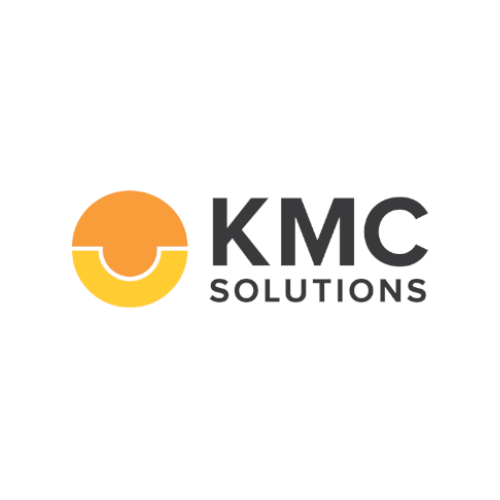One may argue that the world still hasn't unearthed the full potential of Web 2.0, and yet, here we are, with Web 3.0 just around the corner.
Web 3.0, dubbed as the next avatar of the Internet world, is a technology that will understand and interpret the concept of data by itself. In simpler words, Web 3.0 will allow information to be found based on its content. This means that data can be stored in multiple locations simultaneously and thus, be decentralized.
But what does this mean for businesses?
Web 3.0 is a term that is synonymously used with 'cloud computing' — the delivery of computing services, including servers, storage, and data over the Internet. Cloud computing offers many advantages such as mobility, improved collaboration, and excellent accessibility. It also means that businesses can dispense with the cost and hassle of installing and operating certain software programs and use the internet instead.
Web 2.0 is also defined as the 'Software-as-a-Service' (SaaS) phase of the internet, where customers can access applications like Facebook and Twitter, hosted by other parties via their web browser. 3.0, on the other hand, is a 'Platform-as-a-Service' (PaaS). This means that businesses can develop tailor-made applications to meet their needs and gain access to it via the cloud without the need to install or manage software by themselves.
Today, tech giants like Google, Amazon, and Salesforce are offering businesses a chance to build web applications tailored to their requirements without buying state-of-the-art, expensive systems. And this concept of being able to formulate, develop, and deliver your own software on someone else's platform will revolutionize the software industry in the years to come.
How does this impact HR?
Over the last few decades, HR has evolved significantly, adapting to the ever-changing business environment. From embracing digital transformation because of the pandemic to hybrid working, there have been many notable changes.
The advent of Web 3.0, along with cutting-edge technologies like AI, Machine Learning, and Robotic Automation, will lead to massive disruptions in the HR Tech space. Specialized tools and processes will allow HR managers to do away with routine, mundane tasks and instead focus on strategic decision-making.
Technologies supported by Web 3.0 will also help HR manage the endless complexities of people management, with insights into improving productivity, supporting a hybrid workforce, employee engagement, and wellbeing assistance.
PaaS and HR Tech
Today, many HR systems do not fully support or meet the specific needs of an organization. And so, rather than investing in expensive HR Tech that isn't 100% efficient or effective, businesses can build and operate their own software.
Further, the common bottlenecks like excessive paperwork, inefficient use of resources, and data errors can be eliminated by simply using the right technologies without hiring specialists. Some aspects of HR that Web 3.0 will impact include:
Talent Acquisition
Since AI is one of the fundamental pillars of Web 3.0, businesses can use AI-based hiring tools to attract talent based on specialized skills. In fact, 96% of recruiters believe that AI can significantly enhance talent acquisition and retention. Artificial Intelligence will also help companies streamline their hiring process by equipping them with the data to make informed decisions - it's already leveraged by some ATS systems.
Payroll Management
Tech-based HR tools in Web 3.0 will greatly improve the payroll management process. While today, the process still involves manual work and is prone to errors, automation-based tools will aid in smarter data management. By using APIs, the ever-changing tax regulations, personnel changes, and bonuses can be easily updated, in turn, saving a massive amount of resources.
Performance Management
While employee performance assessments previously involved a mountain of paperwork and a lot of time in gathering data, cloud HR software has changed the game. With Web 3.0's decentralized cloud system, HR can track and evaluate employee performance in real-time. Through built-in dashboards, reports, and Machine Learning, organizations can leverage data to make informed decisions regarding the performance of their workforce.
Final Thoughts
In today's world, keeping abreast of technological innovations is crucial. Web 3.0 is one such advancement, with the promise to open new avenues for the future of HR Tech.



.jpg)























